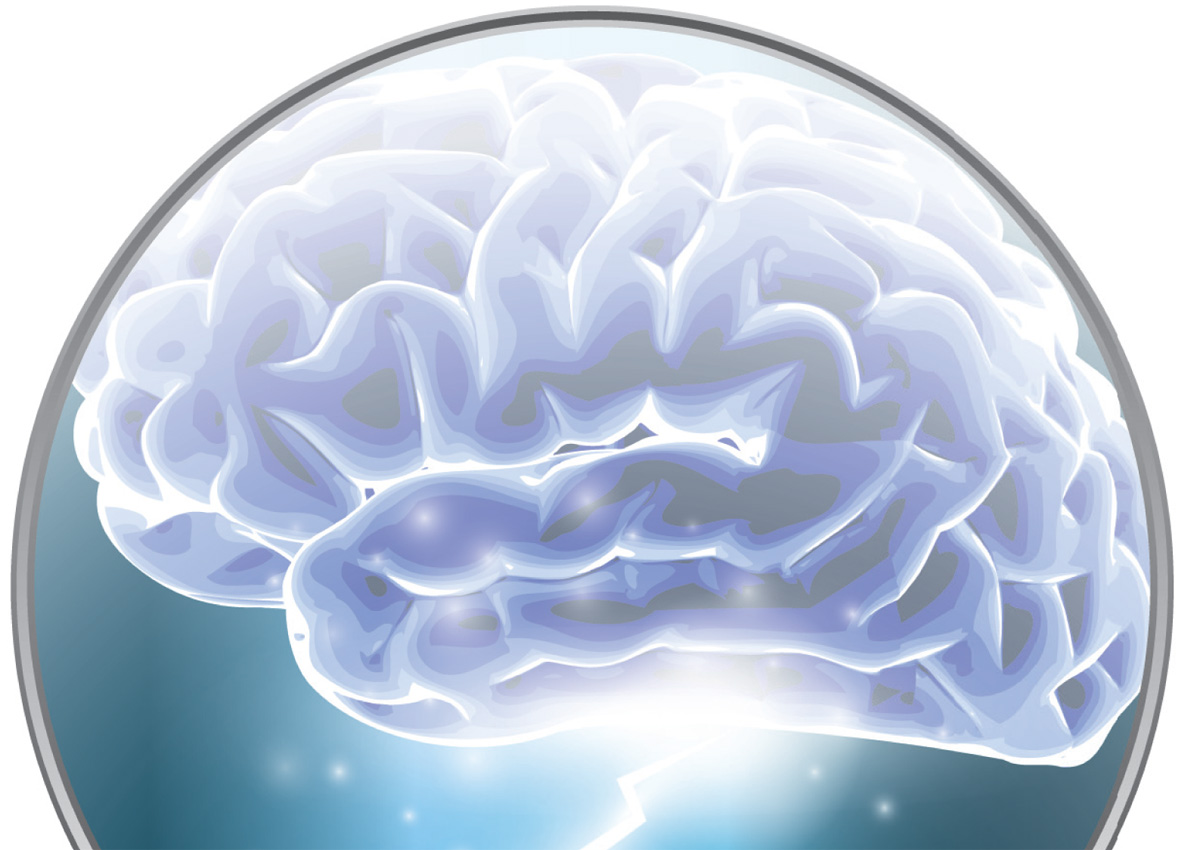A mental problem called gaming
PETALING JAYA – “Jeffrey* has always enjoyed unfettered access to games, starting with small video games before “levelling up” to the latest craze in the gaming world.
The childhood hobby morphed into an expensive obsession for Jeffrey by the time he was in his 20s.
A brief respite from this obsession followed after he got married in 2006 but old habits die hard, and Jeffrey was soon back in the game, much to the chagrin of his wife.
“Even after our child was born two years into our marriage, I was still willing to fork out a lot of money to upgrade my gaming equipment for better performance,” he said in an interview.
That jolted Jeffrey.
“At that time, I thought of it as a way to bond with my son but my wife had had enough. Now, I have toned down my gaming activities, although I still meet up with friends for sessions every week or so,” he said.
Gaming addictions are taking a toll on many players’ health and social lives.
The World Health Organisation (WHO) is already close to classifying “gaming disorder” as a mental health condition in its 2018 manual on diseases.
In the beta draft of the WHO’s 11th update of International Classification of Diseases (ICD-11), gaming disorder has been included in the category of “mental, behavioural or neurodevelopmental disorders”.
According to the draft, a person diagnosed with the disorder will have little to no control over gaming, give priority to gaming until it takes over other life interests and a habit of continuous gaming despite the negative effects.
The ICD-11 says such behaviour patterns are severe enough to significantly affect personal, family, social, educational, occupational or other important areas of functioning.
The inclusion of gaming disorder into the list is significant given that the ICD is the international standard for defining health conditions and diseases.
Avid gamer Sudhan Jayamohan, 29, believed the WHO classification was accurate since a lack of self-governance or discipline could lead to addiction.
“I was introduced to gaming when I was seven but I was only allowed one hour, once or twice a week under parental supervision.
“After I graduated from college, I began to invest in the hobby as it separated me from the realities of life and so I ended up playing for 12 to 15 hours a day.
“It was only in recent years that I took control and now, I indulge only four to five times a week, with no more than 12 hours in total,” he said.
Hamzah Nazari, 32, noted that gaming addiction was a legitimate issue to be addressed.
“Just like any other activity that produces endorphins, some people can get addicted and take it too far, become too enthralled in getting better or reaching a milestone.
“If it starts negatively affecting relationships or taking up too much time and eating into non-disposable income, then it is a serious issue,” he said.
Hafiz Marzukhi, 27, said it was easy to become addicted but relatively hard to be aware of the problem.
“You may feel like six hours of gaming a day means nothing but it could have already prevented you from doing other activities.
“I keep each session to not more than two hours. Although I do play daily, I usually only do so at the end of the day before I go to sleep,” he said.
However, former active gamer Max Ooi, 28, believed calling the addiction a “gaming disorder” was misleading and might overshadow the benefits of gaming.
“It is a bit unfair to label gaming addiction a disorder as I have heard of games being used to treat post-traumatic stress disorder for soldiers trying to readjust to a civilian lifestyle.
“I believe they should categorise it differently, because while game-related deaths exist, the cause is not the act of gaming but the person’s mindset,” he said.
Read more at https://www.thestar.com.my/news/nation/2017/12/29/a-mental-problem-called-gaming-gamers-weigh-in-on-activity-and-who-moves-to-classify-addiction-as-a/#Hj2ZtoqjZsE5Uo5a.99
Published at Fri, 29 Dec 2017 10:00:00 +0000






